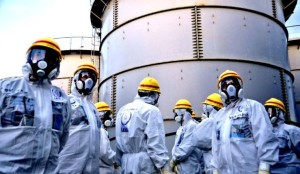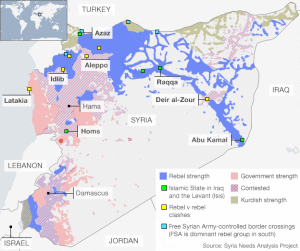Radioactive ‘mass murder': nuclear industry keeps Fukushima impact in secret, worst to come
Radiation is a rather tricky enemy. You cannot see it, you cannot smell it yet it’s harmful for our ecosystem, our markets and our bodies. The Fukushima nuclear power plant disaster is still making headlines but no one knows the full truth about the ultimate impact of this accident. We should prepare for the worst case scenario, writes American democracy activist Harvey Wasserman in his article “50 Reasons We Should Fear the Worst from Fukushima”.

Impact of Fukushima a serious problem and deserves serious discussion and action however it is being kept out of the public eye thanks to Japan’s censorship and a global corporate media blackout, writes Mr. Wasserman in the first of his two part series at EcoWatch. The “see no evil, pay no damages” mindset dates back from the Bombing of Hiroshima.
Nuclear industry is a big business which doesn't want anyone to know what is happening at Fukushima in specific and whole “nuclear” cycle as a whole, underlines the activist.
The impacts of radiation emissions on human and ecological health are unknown primarily because the nuclear industry has resolutely refused to study them.




